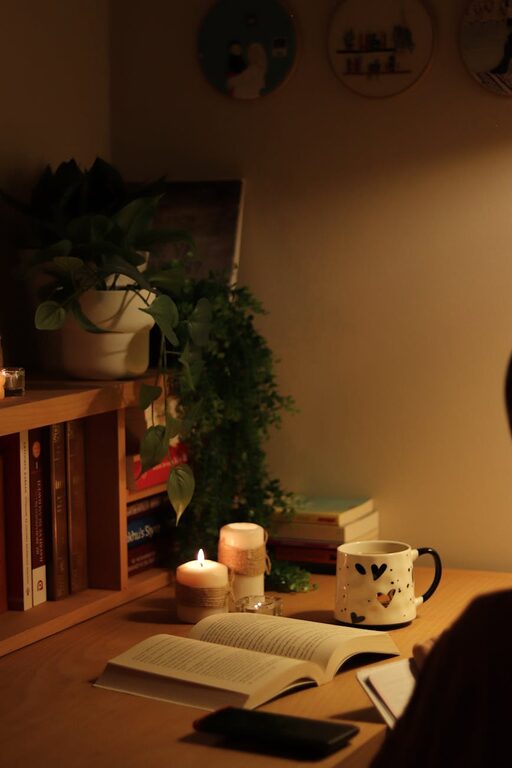Creating a calm and relaxing evening routine can have a profound impact on your overall well-being. Instead of rushing through the end of your day, making small intentional changes helps you unwind, reduce stress, and prepare your mind and body for restful sleep. Here are some easy adjustments to make your evenings calmer and more enjoyable.
Why a Calm Evening Routine Matters
Evening routines are often overlooked, yet they play a crucial role in how well you sleep and how you feel the next day. A hectic or stressful end to the day can lead to difficulty falling asleep, restless nights, and a tired morning. By adopting simple calming habits, you can improve your sleep quality and wake up refreshed.
Small Changes to Try Tonight
Implementing even one or two of these habits can start paving the way for a more peaceful evening.
1. Dim the Lights Earlier
Bright lights in the evening signal your brain that it’s time to stay alert. Lowering the lights an hour or two before bed encourages your body to produce melatonin, the hormone that helps with sleep.
– Use lamps or warm-toned bulbs
– Avoid harsh overhead lighting
– Consider candles or string lights for ambiance
2. Limit Screen Time
The blue light from phones, tablets, and computers suppresses melatonin production, making it harder to fall asleep. Set a “digital sunset” by turning off screens at least 30-60 minutes before bed.
– Read a book or listen to calming music instead
– Use night mode settings if you must use devices
– Keep devices out of the bedroom to avoid temptation
3. Establish a Consistent Bedtime
Going to bed and waking up at the same time every day regulates your internal clock and improves sleep quality. Even on weekends, try to stick close to your schedule to maintain the routine’s benefits.
4. Create a Soothing Environment
A calm bedroom sets the stage for relaxation.
– Keep your sleeping space clean and clutter-free
– Use comfortable bedding and pillows
– Maintain a cool, quiet room temperature
– Consider white noise machines or fans if noise is an issue
5. Incorporate Gentle Movement
Light stretching, yoga, or deep breathing exercises signal your body it’s time to wind down.
– Stretch major muscle groups to release tension
– Try simple yoga poses like child’s pose or legs-up-the-wall
– Practice a few minutes of mindful breathing or meditation
6. Enjoy a Warm, Caffeine-Free Drink
A cup of herbal tea or warm milk can be comforting. Choose drinks like chamomile, lavender, or peppermint, known for their calming properties.
7. Write It Down
If your mind races with thoughts before bed, writing in a journal can help organize your worries and clear your head.
– List what you are thankful for
– Jot down any tasks to tackle tomorrow
– Express feelings or thoughts to reduce stress
8. Avoid Heavy Meals and Alcohol
Eating large or spicy meals late can disrupt digestion and sleep. Alcohol might make you feel sleepy but often leads to fragmented rest.
9. Limit Noise and Interruptions
Try to minimize disruptions by setting boundaries with family members or roommates about quiet times. Use earplugs if needed.
Putting It All Together: Sample Calmer Evening Routine
Here’s an example of how to blend these tips into a simple routine:
– 7:30 PM: Dim the lights and turn off devices
– 7:45 PM: Sip herbal tea and write in a journal
– 8:00 PM: Do gentle stretches or yoga
– 8:20 PM: Read a few chapters of a book by soft lamp light
– 8:45 PM: Prepare the bedroom—adjust temperature, set white noise
– 9:00 PM: Lights out and practice deep breathing to fall asleep
Tips to Stay Consistent
– Start small: choose one or two changes to implement this week
– Be patient: habits take time to form
– Adjust based on what feels best for you
– Keep a sleep diary to track improvements
Conclusion
A calmer evening routine doesn’t require major life changes. By incorporating small, manageable steps, you can create peaceful nights that support your health and happiness. Experiment with these ideas and create a personalized routine that helps you unwind, relax, and enjoy a restful sleep every night.

